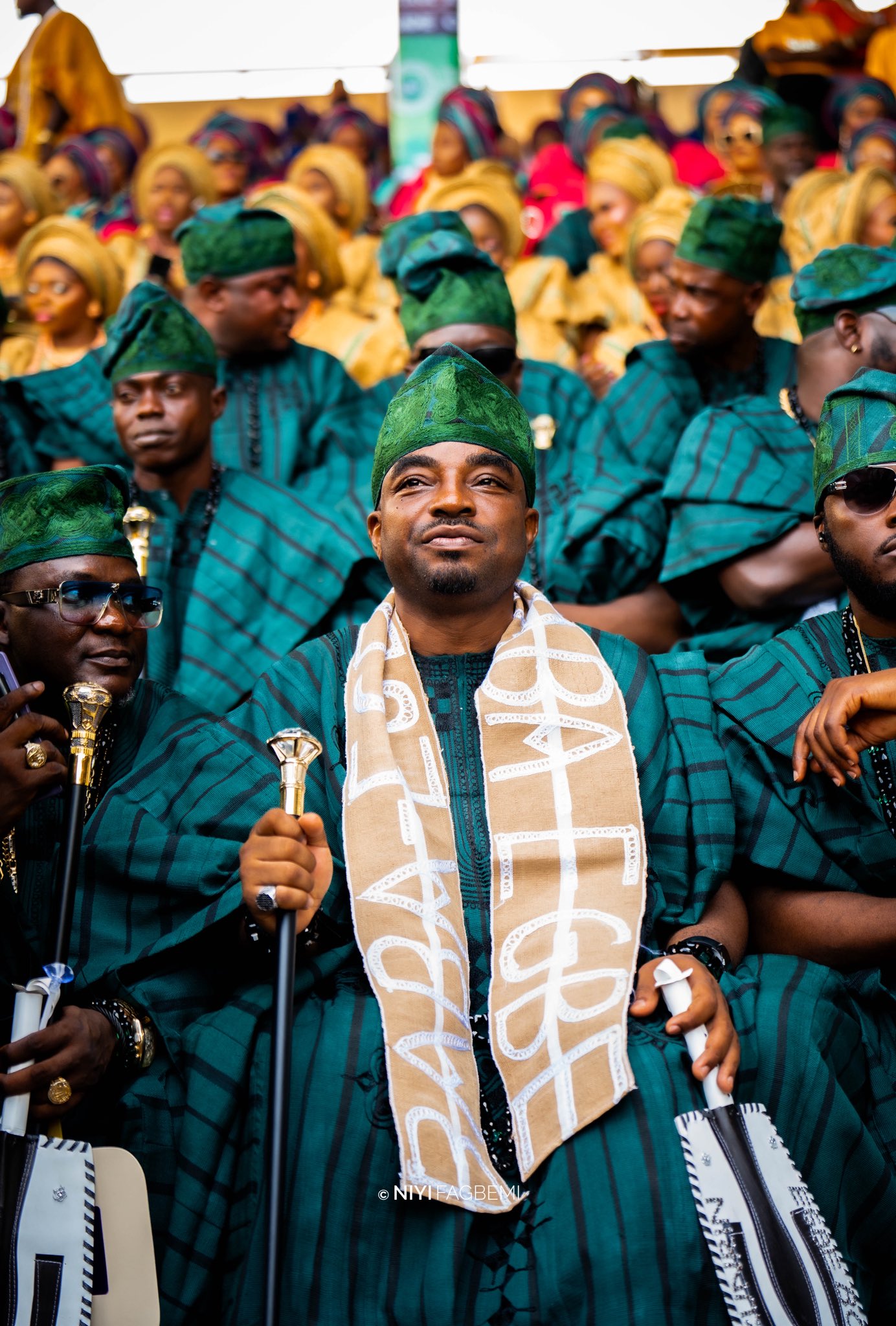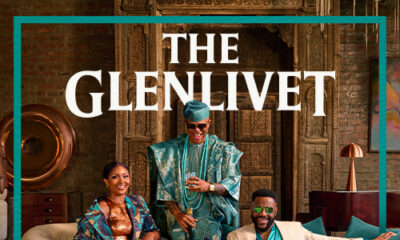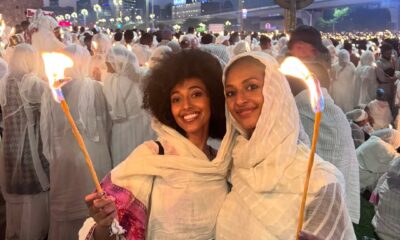Culture
Ojude Oba Festival: Its History, Culture and Heritage
Ojude Oba is where Ijebus show up in style to honour the Awujale, celebrate Islamic heritage, and keep cultural traditions alive year after year.

Photo Credit: Niyi Fagbemi/X
Two days after Eid-el-Kabir, while many in Nigeria are still savouring the rhythms of the holiday, a different kind of celebration unfolds in Ijebu-Ode, Ogun State. The focus shifts from sacrifice and devotion to colour, fashion, and pageantry. This is Ojude Oba, a festival that reflects the enduring spirit of the Ijebu people.
The festival began at a point of religious transition. In the 1800s, as Christianity expanded into Ijebu-Ode, missionaries Rev. R.A. Conner and Rev. E.W. George baptised 41 men. As part of the conversion, each man was expected to keep only one wife. For many, including Chief Balogun Kuku, a wealthy and influential man with more than thirty wives and hundreds of slaves, this was unacceptable.
Rather than comply, Chief Kuku left Christianity and embraced Islam, a religion that did not demand he give up his wives. As a wealthy and respected figure, his actions carried weight, and through his influence, many Ijebus converted to Islam.
Before his conversion, Chief Kuku actively participated in the Odeda Festival, a traditional celebration where worshippers of deities like Sango, Egungun, Osun, Ogun, and Yemule danced and paid homage to the Awujale, the monarch of Ijebuland. But Islam discouraged involvement in such practices.
Instead of stepping away from celebration entirely, Chief Kuku established a new event that aligned with his faith while preserving the cultural importance of honouring the Awujale. The Ita-Oba festival was born, later renamed Ojude Oba, meaning “the King’s Forecourt.” Held two days after Eid-el-Kabir, the festival grew quickly and has become a cherished tradition in Ijebuland and a fixture on the Ijebu calendar.
At the heart of the Ojude Oba festival are the regberegbes, age-grade groups formalised in the 18th century by Oba Adetona to encourage unity and development within Ijebu society. These groups have since become an essential feature of the festival. They appear in coordinated outfits, often made from lace, damask, adire, or brocade, and sometimes matching down to the shoes and jewellery.
“It evens out the economic disparity between the members,” says Farooq Oregba. “The guy who is a mechanic and the guy who is a minster in the same regberegbe will wear the same thing.”
On the D-day, each group enters the arena to salute the Awujale. It’s not just the regberegbes who dress up—families known for their horse-riding traditions arrive on elaborately adorned horses that often mirror the rider’s clothing.
“We put on our finest and we will strut with full chest” says Oreagba tells BellaNaija in an exclusive interview.
Farooq has participated in the festival for the past 15 years. This year marks his 16th. Last year, he drew widespread attention for his striking appearance: a bright green and yellow agbada, coral beads, sleeve tattoos, a cigar, and a charming smile. A look that earned him the nickname “King of Steeze.”
“Ojude Oba is an expression of my culture” he says. “It showcases our culture.”
Beyond the flair and fashion, Ojude Oba plays a deeper role. It reunites Ijebus from across Nigeria and the diaspora, reinforcing cultural pride and passing on tradition. Farooq notes that even his son, who lives overseas, now feels a renewed sense of belonging thanks to the festival.
“Involving the younger generations, making them want to be a part of this, is one way of ensuring the tradition doesn’t die. They will continue to pass down from generation to generation,” Oreagba says.
In recent years, the festival has drawn over 250,000 attendees. Planning begins months in advance, often starting just after the previous edition concludes. For those hoping to participate as a regberegbe member, Oreagba advises finding one’s right age group and speaking to the group’s leaders.
View this post on Instagram
View this post on Instagram




















